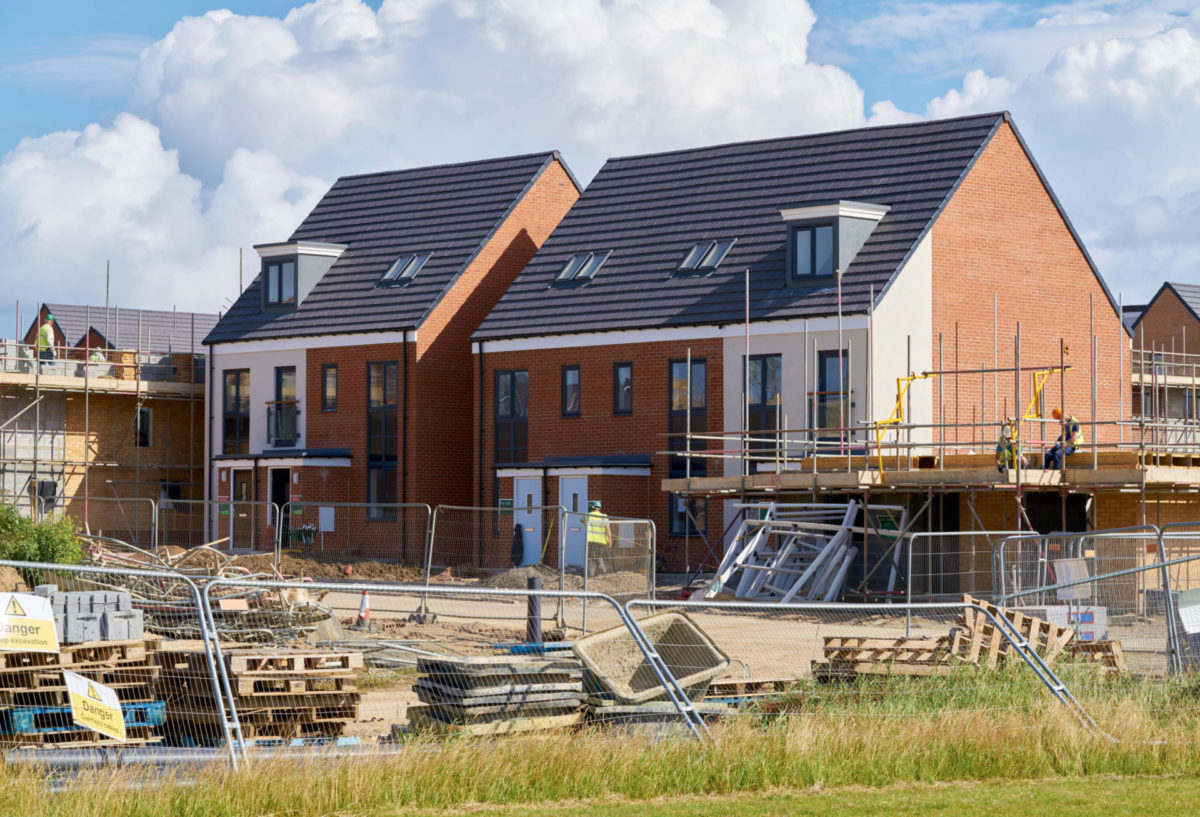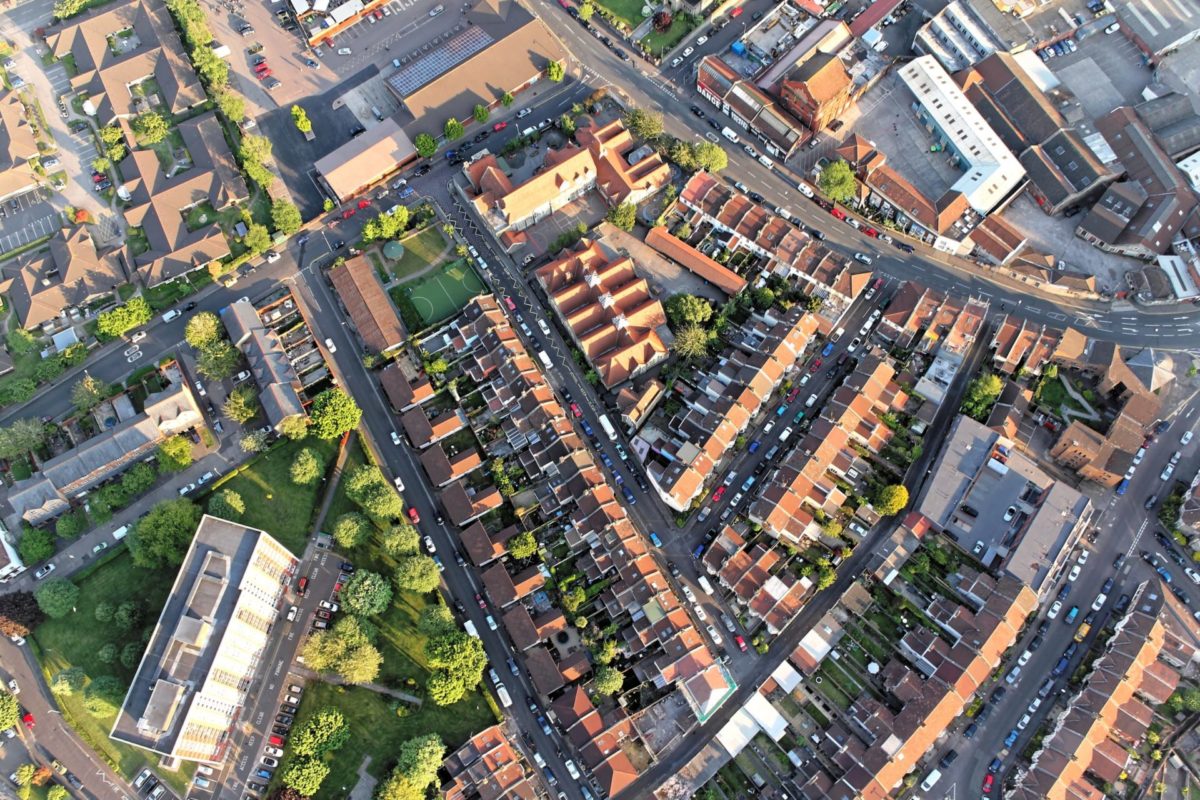

Amendments to Community Infrastructure Levy Regulations
The last ‘wholescale’ changes to the Community Infrastructure Levy (CIL) Regulations came into force on the 1st of September 2019
The main changes made to the CIL Regulations included:
- Removal of Pooling Restriction:
Regulation 123 of the CIL Regulations 2010 was deleted! The deletion removed the existing pooling restriction for five contributions or more for infrastructure collected through a Section 106 obligation to ensure that development is not frustrated by the Local Planning Authorities’ (LPA) inability to accept suitable mitigation for recognised harm caused by a scheme. This meant that LPAs have once again been able to collect contributions from various development via S106 to pay for infrastructure. This also allowed for LPAs to use CIL and Section 106 obligations to fund the same infrastructure. - Monitoring Fees Reintroduced:
LPAs are able to collect monitoring fees under a Section 106 obligation as long as:- It fairly and reasonably related in scale and kind to the development; and
- The sum to be paid to the authority does not exceed the LPA’s estimate of its cost of monitoring.
- Reduced Penalty for Late Commencement Notice:
The CIL exemption penalty for missing the deadline for filing a commencement notice was reduced from being the full amount of the CIL to being a surcharge equal to 20% of the notional chargeable amount or £2,500, whichever is the lower amount. - Clarification on carry over relief for certain Section 73 permissions:
Calculations for CIL liability were moved into a new schedule within the Regulations and new provisions for the calculation of CIL liability in Section 73 permissions, which amend an existing permission, added. Exactly how these operate, will depend on the particular nature of the development changes. There is guidance to applicants relating to whether or not the changes to conditions proposed in the Section 73 application potentially increase or decrease liability. - Taking Control of Goods:
The Regulations introduced a new procedure for reclaiming CIL debts. This means that enforcement of debt by the charging authority can be undertaken by the seizure of goods. - Requirement to Publish a Funding Statement:
The Regulations introduced a requirement for the annual publication of an infrastructure Funding Statement by LPAs setting out how developer contributions have been spent. The object of this is to produce a more transparent system of LPA accountability.
Previous proposals to exempt starter homes for first-time buyers from CIL charges was not carried forward into the new Regulations. However this was later introduced within the November 2020 amendment to the Regulations (Community Infrastructure Levy (Amendment) (England) (No 2) Regulations 2020 (SI 2020/1226)).These changes have lead to some additional costs for developers.
The removal of the pooling restrictions for infrastructure contributions collected through Section 106 obligations has allowed LPAs to increase the number of infrastructure contributions collected on development. On the positive side, however, the clarification provided relating to the calculations of CIL liability and capping o penalties have been welcomed.
For more information on CIL or how the amendments may affect your project please get in touch.








